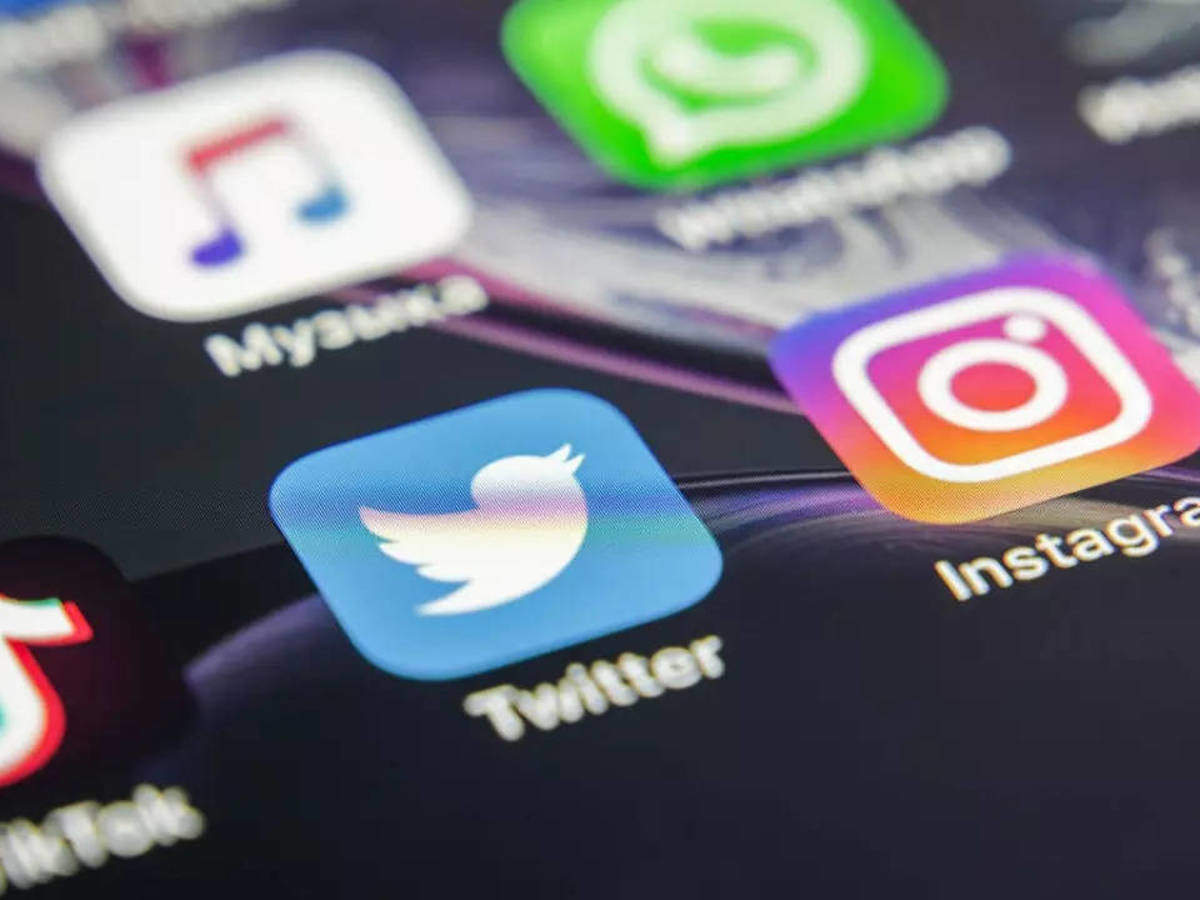Three most interesting things in influencer marketing this week

With so many influencers and creators now launching their own product lines which are receiving tremendous love from their followers, going forward there is a perspective for brands to start thinking of product line collaborations too and not just a pure promotion route with influencers.
The proliferation of platforms and formats like short-videos have changed the influencer marketing game for marketers, brands and creators. In this fast-evolving space, keep up with the big trends and hot topics that matter in Storyboard18’s Weekly Shorts in collaboration with affable.ai, an end to end AI-powered influencer marketing platform. Track how creators, communities and brands are engaging with users and disrupting marketing to get a sharp and fast insight into present and future trends.
The Short This Week
With all the chatter around celebrity influencers and the backlash around high prices, low engagement rates and lack of authentic posts, celebrity collaborations haven’t reduced. However, we see the same celebrities are increasingly talking about many brands at the same time, which results in a lower share-of-voice of the brands.
Many big brands continue collaborating with celebrities and as it works well for product launches and awareness. However, brands, especially SMBs need to start thinking of building a micro influencers community in parallel with the celebrity association or only with a large number of micro influencers. It helps build more authentic, creative, cost-effective collaborations.
Influencer engagement rates at a high level for APAC with micro 5 percent, macro: 3 percent, celebrity: 2 percent.
A steady trend of more brands collaborating with influencers using a minimal brand mention approach and more content around the problem the product helps solve. This includes less of product unboxing or direct CTA based promotions, and more where influencers themselves are testing out products. At times with no product mention on the post/video, and just a logo. The beauty of influencer marketing is the flexibility it gives marketers to choose collaboration models across product seeding/gifting or payment or affiliate models making it a must have route for the current economy.
Brands need to build partnerships with influencers and give them the creative freedom to approach the content the way their followers would truly engage with. With the new social media influencer guidelines for India out in December to declare brand association, creative freedom for content becomes more important, to strike a balance between branded and the influencers’ content style that the followers enjoy.
As we move into 2023, over 2022 we’ve seen a lot of brands pick up long term partnerships with influencers and creators. The one off, run of the mill, running influencer marketing campaigns for the sake of it, are starting to fade.
Brands that associate long term with influencers, are seeing better results with higher share of voice with consistent messaging among their audience. Brands that further amplify the creators’ posts on their own digital assets add to the increase in collaboration efforts.
With so many influencers and creators now launching their own product lines which are receiving tremendous love from their followers, going forward there is a perspective for brands to start thinking of product line collaborations too and not just a pure promotion route with influencers.
Weekly Short Data - Organic Top 15 Brands on Instagram
(Note: The data here is from Instagram - week of 8 December 2022. Brands that have topped on the number of posts and engagement using a pure organic approach.)
SUGAR Cosmetics (trysugar)
MYNTRA (myntra)
WedMeGood (wedmegood)
Lakmé (lakmeindia)
WeddingSutra (weddingsutra)
ZARA Official (zara)
H&M (hm)
Nykaa (mynykaa)
#MyGlamm (myglamm)
Amazon Fashion India (amazonfashionin)
Amazon India (amazondotin)
Maybelline New York (maybelline)
Instant Bollywood (instantbollywood)
WeddingWire India (weddingwireindia)
Nykaa Beauty (nykaabeauty)
